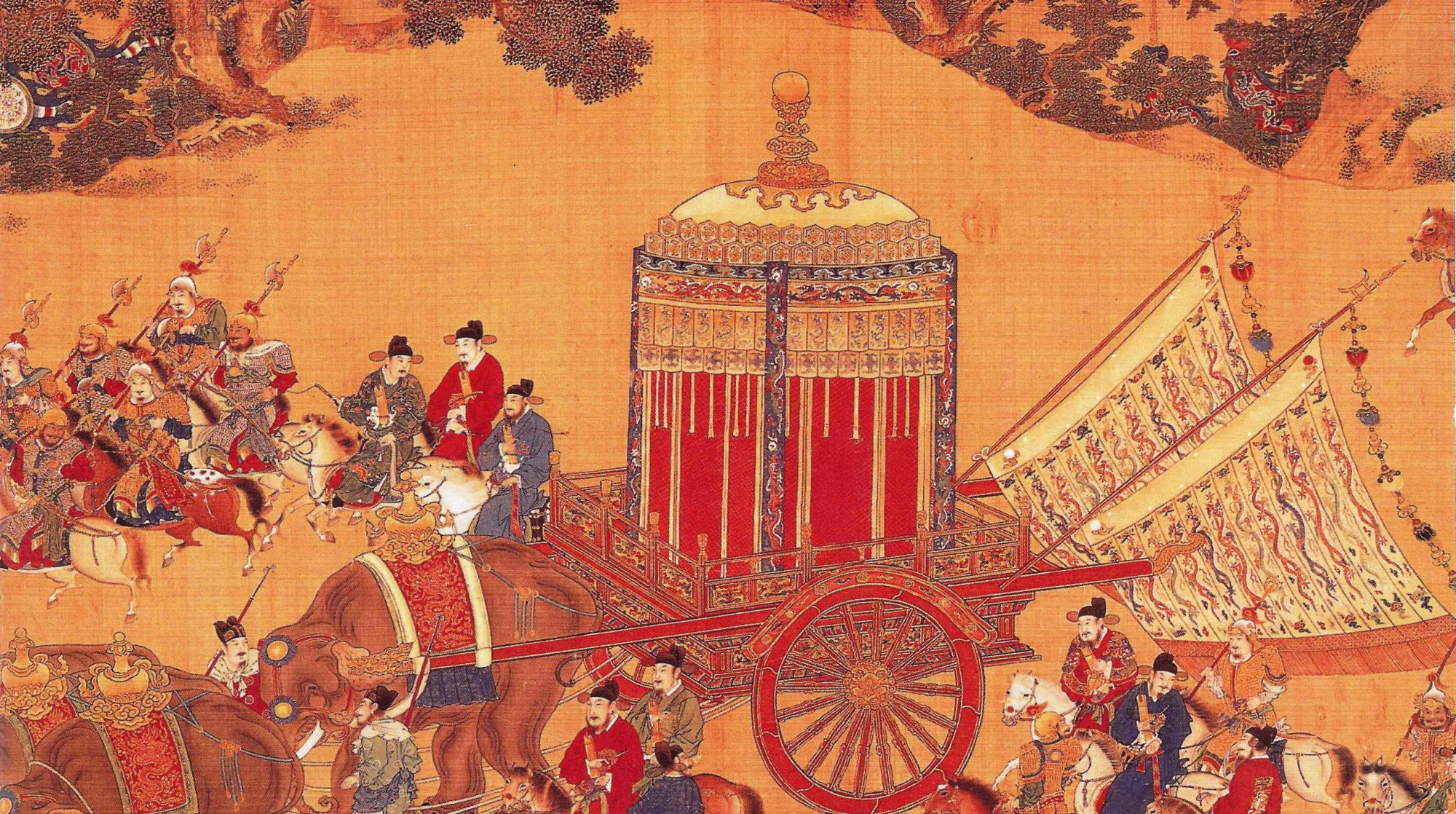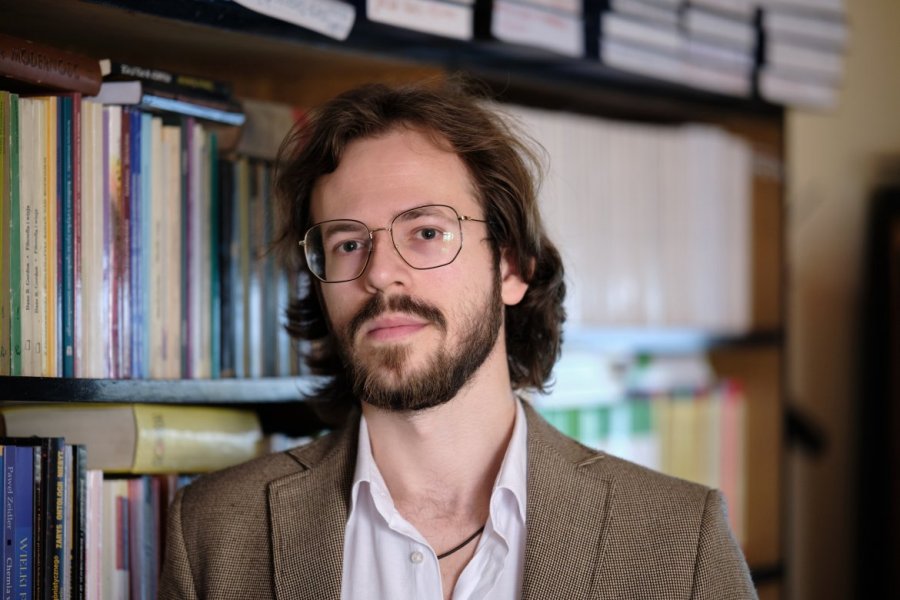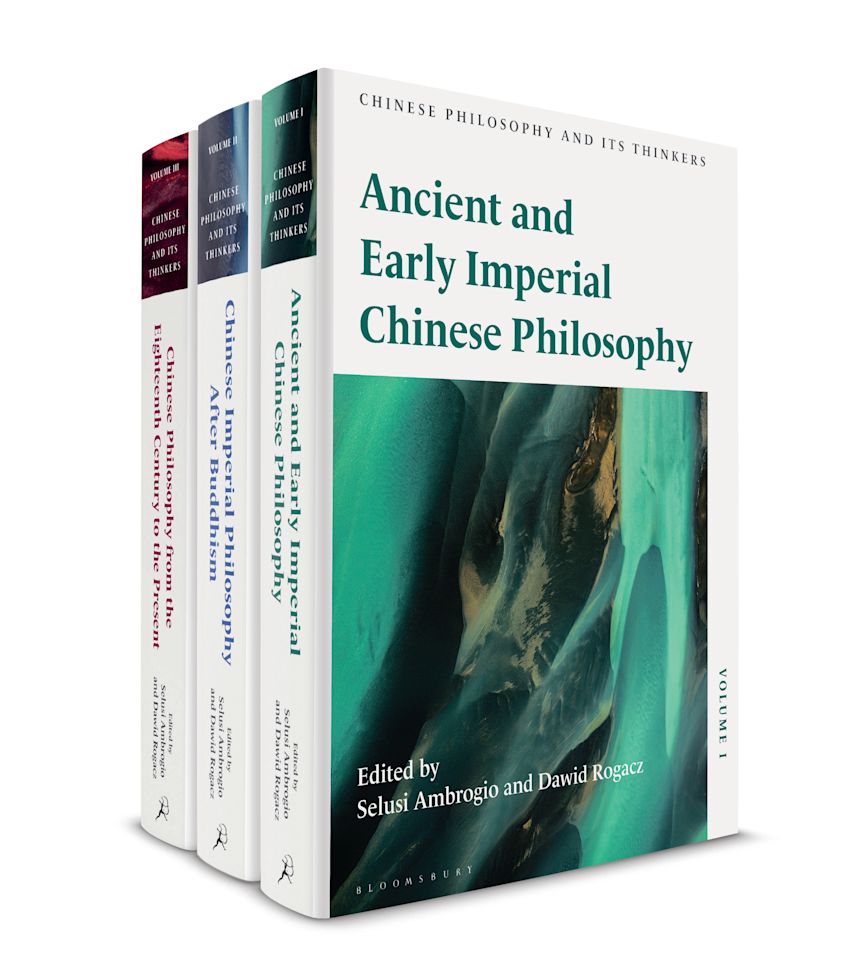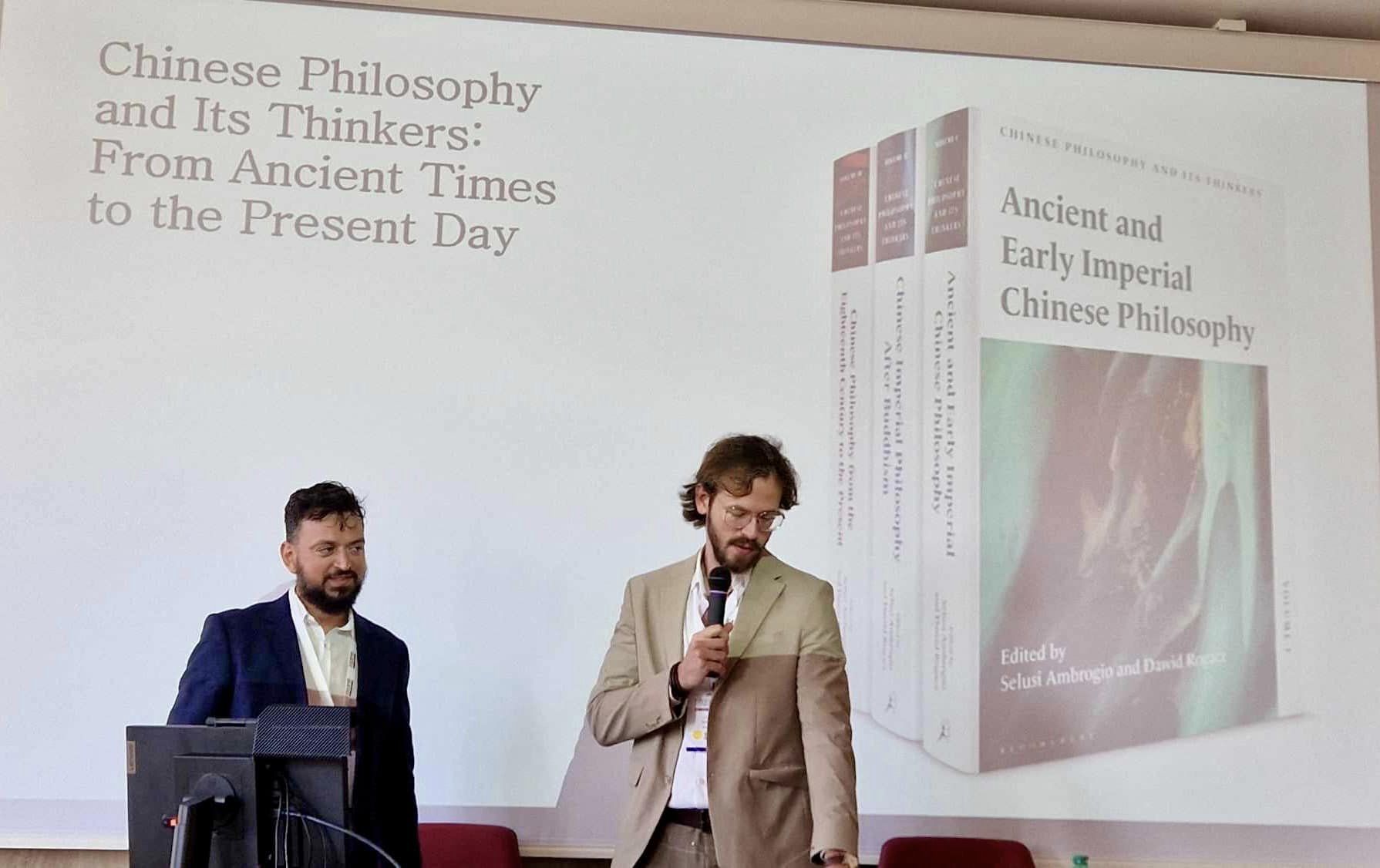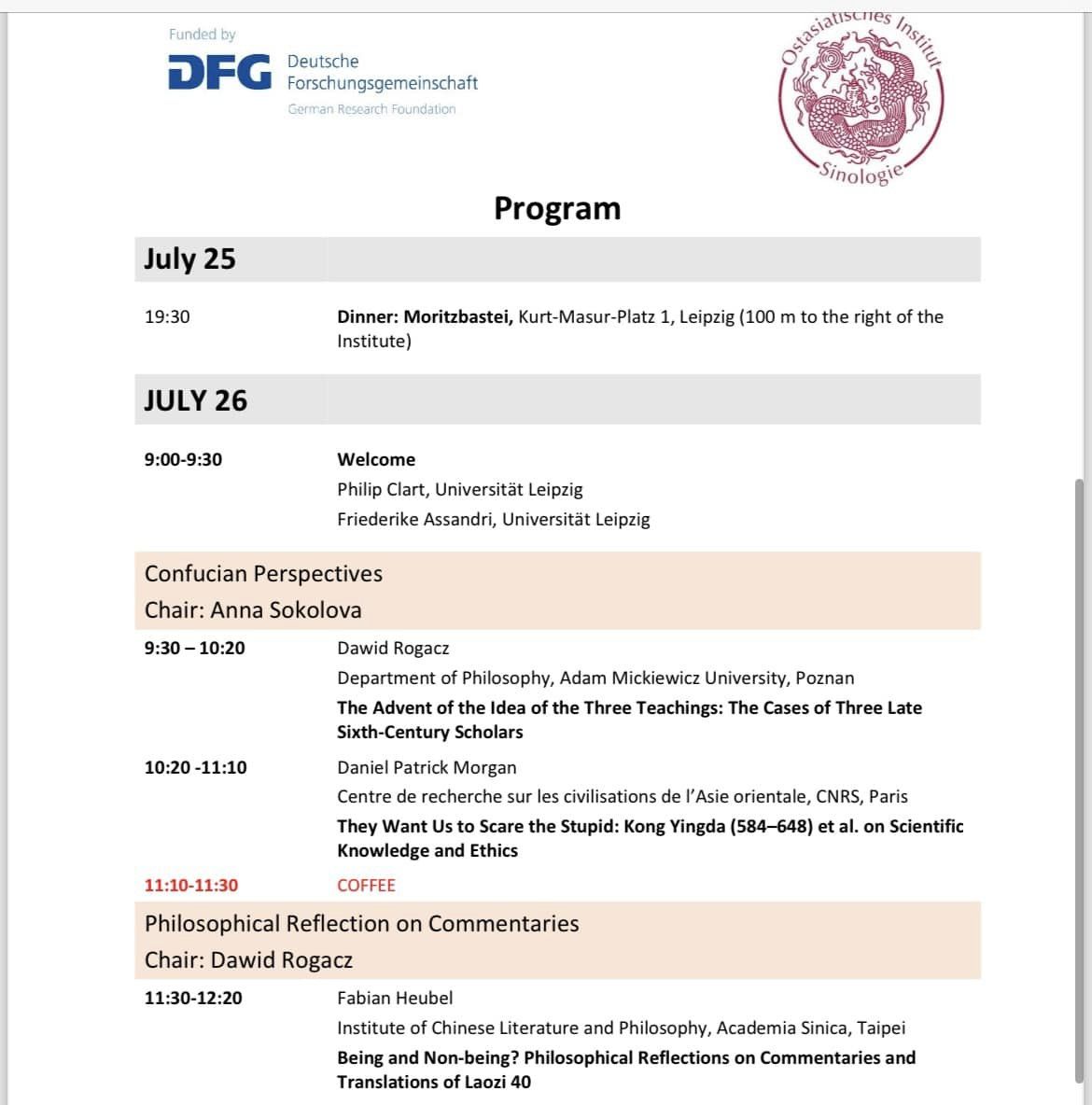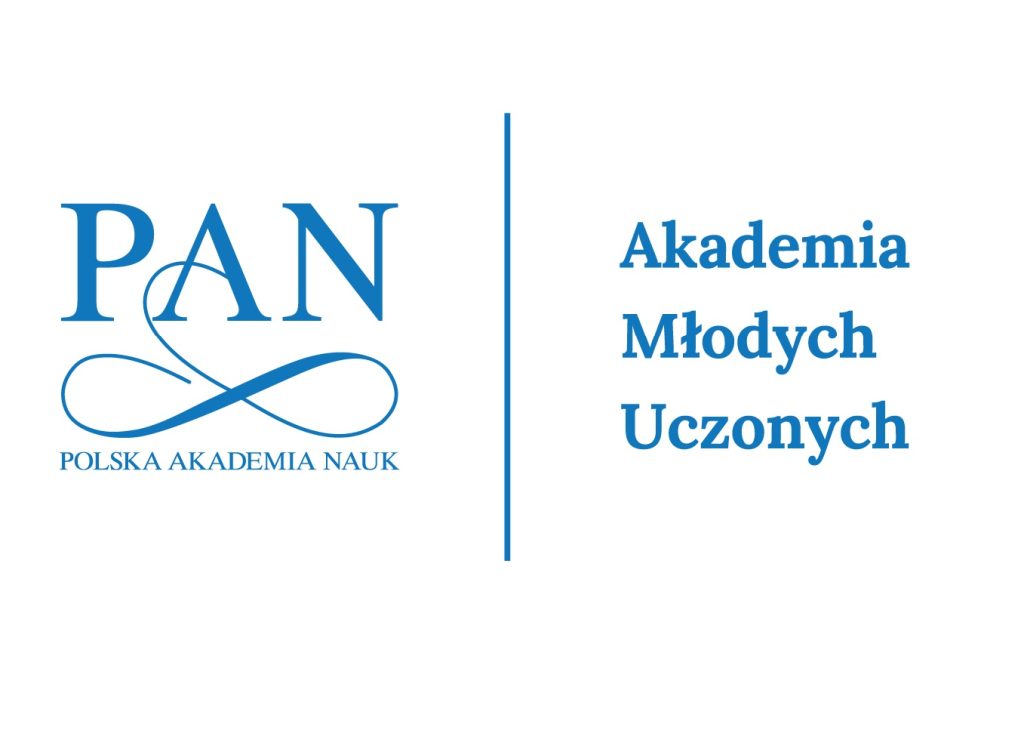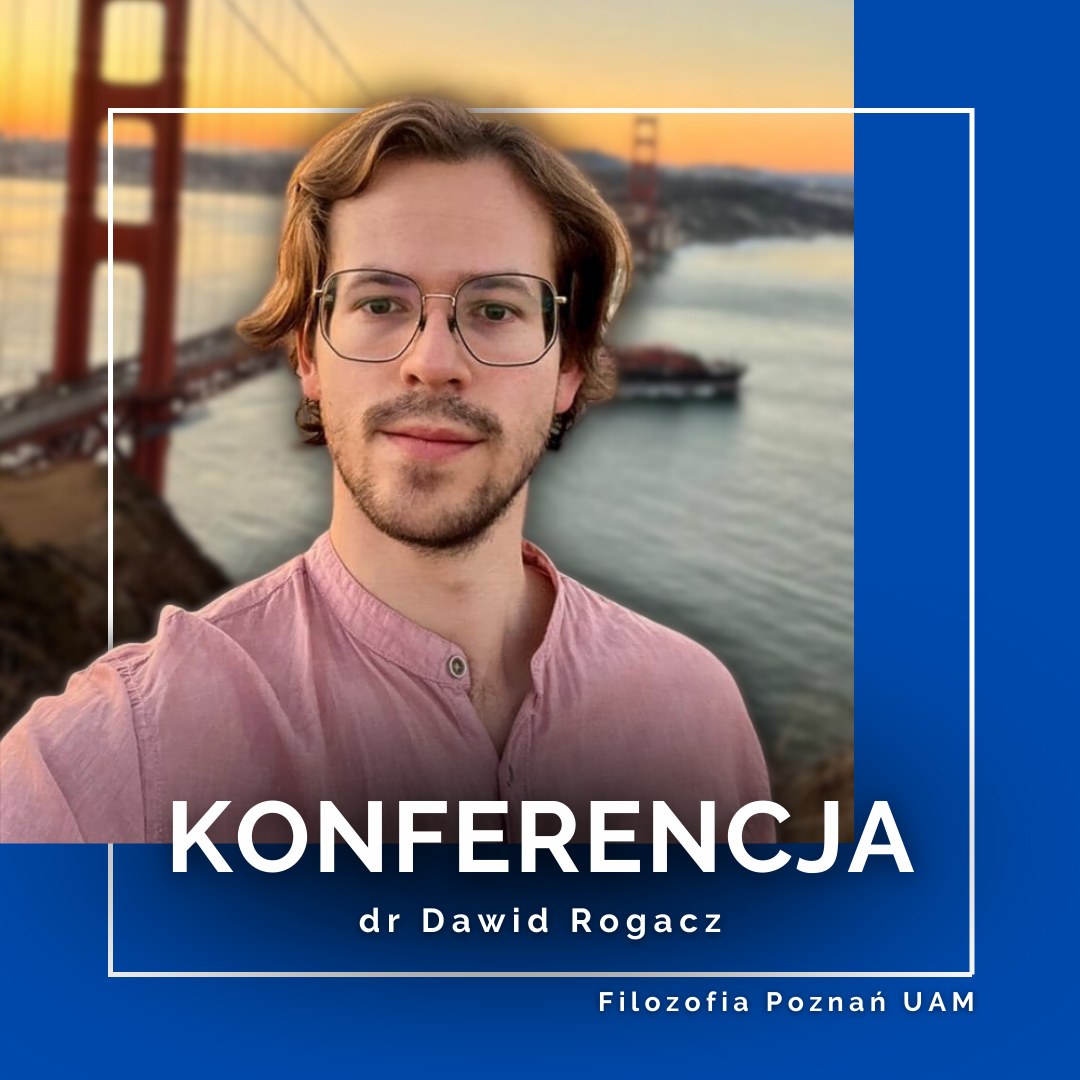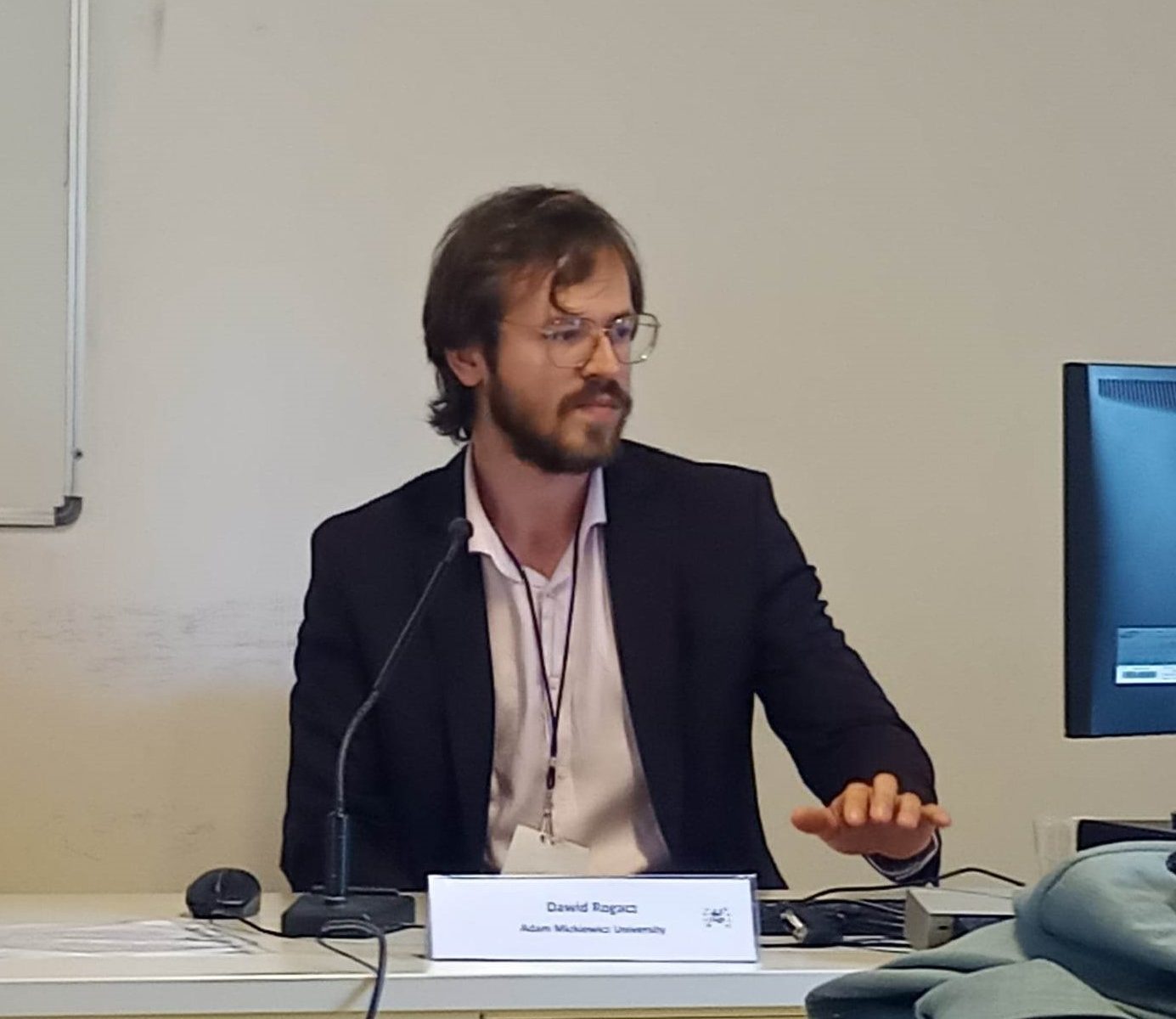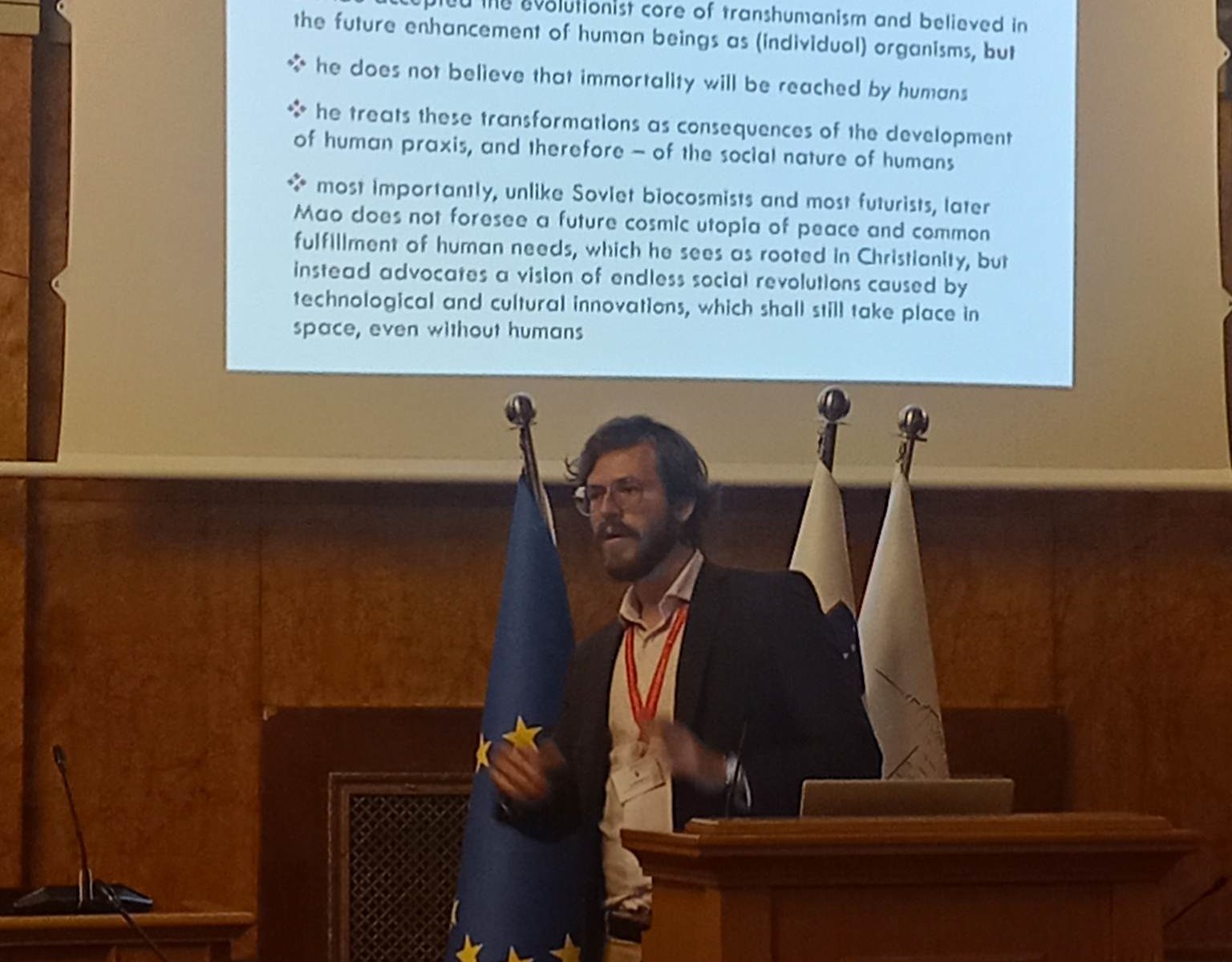W listopadowym numerze “Życia Uniwersyteckiego” ukazał się wywiad (str. 26-27), w którym dr Dawid Rogacz mówi m. in. o swoich pracach nad trzytomową historią filozofii chińskiej oraz o znaczeniu myśli chińskiej dla kultury zachodniej. Link.
Deputy Dean for Research
The Rector of the Adam Mickiewicz University in Poznan has appointed Dr. Dawid Rogacz as the Deputy Dean for Research and International Collaboration at the Faculty of Philosophy, effective from 1 October 2024. Dr. Rogacz will be in charge of research evaluation, research collaboration, international exchange, and doctoral research at the AMU Faculty of Philosophy.
Chinese Philosophy and its Thinkers: a new history of Chinese philosophy
Dr. Dawid Rogacz and Dr. Selusi Ambrogio are delighted to officially announce that the three-volume set “Chinese Philosophy and its Thinkers. From Ancient Times to the Present Day” is scheduled for publication with Bloomsbury Academic in mid-November 2024. This collective work encompasses three thousand years of Chinese thought, totalling around 1,500 pages and bringing together a team of 75 experts from four continents.
This history covers such neglected areas as ancient Chinese economic thought, ancient women thinkers, Chinese Tantric Buddhism, medieval Confucian utilitarianism, early Sino-Muslim philosophy, Chinese analytic philosophy, the philosophy of the PRC’s ethnic minorities, Chinese bioethics, and much more. In the words of one of its reviewers, it is simply “the most comprehensive work in English on the history of Chinese philosophy.”
The project has been done for three years since its commissioning, while the proper editing of received submissions has been done in only two. It followed an original design renegotiated through an in-depth conversation with the authors, resulting in a much-needed comprehensive and up-to-date history of Chinese philosophy.
Vol. I Chinese Ancient and Early Imperial Philosophy
Vol. II Chinese Imperial Philosophy After Buddhism
Vol. III Chinese Philosophy from the Eighteenth Century to the Present
The list of chapters on the collection’s website is available here.
World Congress of Philosophy in Rome
Dr. Dawid Rogacz participated in the World Congress of Philosophy in Rome, held between Aug. 1 and 8, 2024. He joined special panels and roundtables and launched a book presentation of the upcoming three-volume set “Chinese Philosophy and Its Thinkers.”
Workshop on Early Tang Philosophy
Dr. Dawid Rogacz opened the workshop on early Tang Dynasty Philosophy, Chongxuanxue, and Its Broader Philosophical Context, with a lecture, “The Advent of the Idea of the Three Teachings: The Cases of Three Late Sixth-century Scholars,” organized at the Leipzig University, 26-27 July 2024.
Member of the Polish Academy of Sciences
Dr. Dawid Rogacz has been elected as a new member of the Polish Academy of Sciences and, precisely – its (sub)-Academy of Young Scholars. I will be the only young (30+ yo) representative of the humanities, chosen out of the total number of 116 nominations.
SACP in San Francisco
Dr. Dawid Rogacz participated in the 55th Annual Conference of the Society for Asian and Comparative Philosophy in San Francisco (November 9-11, 2023). He gave a talk entitled “What Divides into What, and Why: On Metaphysical Foundations of Dengism,” which discussed the second, post-1978 phase of the One Divides into Two Controversy. The conference program and abstracts are available here.
EACP Educational Network and conferences
Between mid-September and mid-October 2023, Dr. Rogacz actively participated in the Polish Philosophical Congress (Łódź), International Society of East Asian Philosophy Conference (Edinburgh), and the workshop on Teaching Chinese Philosophy in Europe (Berlin), which inaugurated the Educational Network of the European Association for Chinese Philosophy (with Dr. Rogacz as its Board Member). The network aims to connect the lecturers in Chinese philosophy across Europe and offers a new platform for discussing the perspectives and conditions of the didactics in Chinese philosophy.
EACP Conference 2023
Dr. Rogacz and 113 other speakers from 95 universities participated in The Fourth Biennial Conference of the European Association for Chinese Philosophy (EACP) held in Macerata, Italy, between 16 and 18 June 2023. The conference program and the book of abstracts are available here. Upon the decision of the EACP Borad, the conference in 2027 will be hosted by Adam Mickiewicz University in Poznań and organized by a team of scholars led by Dr. Dawid Rogacz.
Mao’s Cosmic Communism
During the conference ‘Humanism, Posthumanism and Transhumanism in East Asian Past and Present,’ held at the University of Ljubljana (Slovenia) on May 19-21, 2023, Dr. Dawid Rogacz gave a talk “Interplanetary Revolutions: On Mao’s Cosmic Communism,” which dealt with an unknown transhumanist aspect of Maoism.
The conference program and the book of abstracts are available here.
